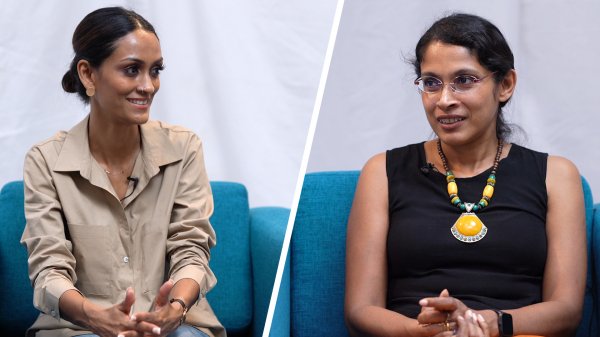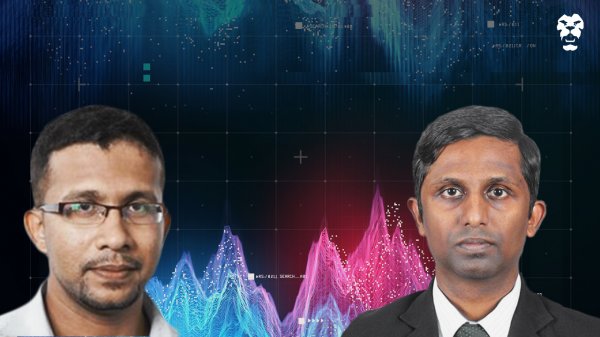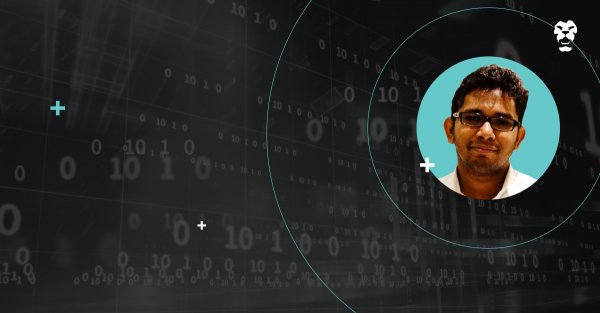
The LSEG Tech Talks series, organised by the London Stock Exchange Group (LSEG), will be a series of seven webinars conducted by professionals and experts in the field of finance and technology sharing their knowledge and expertise to educate its audiences on the themes impacting the global economy.
The series will begin on August 6th, with the first webinar focusing on ‘Putting Machine Learning Into Practice’, conducted by Senior Software Architect Dr. Rasika Withanawasam and will continue over a span of three months.
Currently a Senior Software Architect of Millennium Surveillance, where he is responsible for defining and executing the technical roadmap of the product, Dr. Rasika Withanawasam began his career with LSEG Technology in 2005, where he worked for Millennium Surveillance™ and Millennium Exchange™ products for four years.
He obtained his doctorate in Information Science from the University of Otago, New Zealand, and also holds a Bachelor of Science (B.Sc.) in Computer Science and Engineering from the University of Moratuwa, Sri Lanka.

Dr. Rasika gives us a little insight and a preview into Machine Learning (ML), and what to expect at his upcoming webinar through a short Q&A session below.
Q: ML is broadly defined. How would you explain it to a layman?
ML is the study and implementation of algorithms that can be learnt through data. ML is all about training an algorithm to learn from data and to learn through examples. So, the basic idea is, instead of writing a code or writing a very complex program to do a task, to use a relatively simple program that can learn to do that task through examples.
For example, looking at self-driving cars, we can write a complex code to control the car by programming it to process the inputs that are received by external sensors, and then performing the necessary follow-up actions via pre-programmed instructions. However instead, with ML, we ask a program to watch how humans drive and learn to perform this task.
Q: What is the importance of applying ML to find proactive, long-term solutions in this day and age?
Through applying ML in our day-to-day tasks, we are able to save time via automation, find the unseen elements in data, understand the similarities and differences (outliers and novelty) in behaviours, and find hidden links/relationships, to name a few.
A common problem where ML can be practically used to save time would be in handling one’s emails. A person may get inundated with emails every day. So, instead of losing time taking care of them personally, via automation, a person can use a robot to sort their emails into some kind of order, or even respond to a few on their behalf.
Q: Can you share some real-life problem-solving examples that incorporate ML?
AI vs. Brain (Garry Kasprov vs. IBM Deep-Blue | Lee Sedol vs. Google Alpha Go), self-driving cars, virtual personal assistant programs, such as Hal, Siri and Watson, facial recognition in Facebook and cell phones, Google Home, stock price predictions or algorithmic trading, pattern, outlier or novelty detection for market surveillance, anomaly detection in network security, and Robotic Process Automation (RPA) are a few of them.
Q: Looking at the examples you have given us, a vast and wide range of areas incorporate ML. What will you be focusing on during your seminar?
I will be focusing on how we use ML techniques in practice in the financial industry, from how one should be able to automate things and save time to extracting some unseen elements or unseen aspects of a data set, and taking data-driven or data-backed decisions to minimise human error.
For that, I will take some practical examples from the financial market and market manipulation domain, and try to relate the application to a general problem.
Q: What would you say the biggest shortfalls in ML are, especially within a country with Sri Lanka’s digital literacy?
Both ML knowledge and domain knowledge are equally important to generate or create quality ML applications. I see a disconnect between ML expertise and industry requirements or domain knowledge.
In my opinion, there is a gap in understanding the real problems in the industry, and a lack of understanding regarding domains. There definitely needs to be better understanding with regard to that aspect.
End of Q&A
Whether they are novices to ML, ML enthusiasts or domain specialists, the webinar is bound to be useful to a broad range of individuals.
If one is interested in learning more about ML and is new to it, one can find out more about this area through this webinar. The ML enthusiasts who are looking for good problems where they can apply ML will be able to gain some insight as well.
Domain specialists, such as finance people who are working in the manipulation and financial industry, but aren’t very experienced with ML and want to know how they can improve their domain via cutting-edge technology, can also benefit from this new series. There will be a take-home message for all.
Sign up and take part in this eye-opening seminar by simply visiting the following link: http://ow.ly/j2gP50FEkJO


.jpg?w=600)
.jpg?w=600)


.jpg?w=600)
.jpg?w=600)
